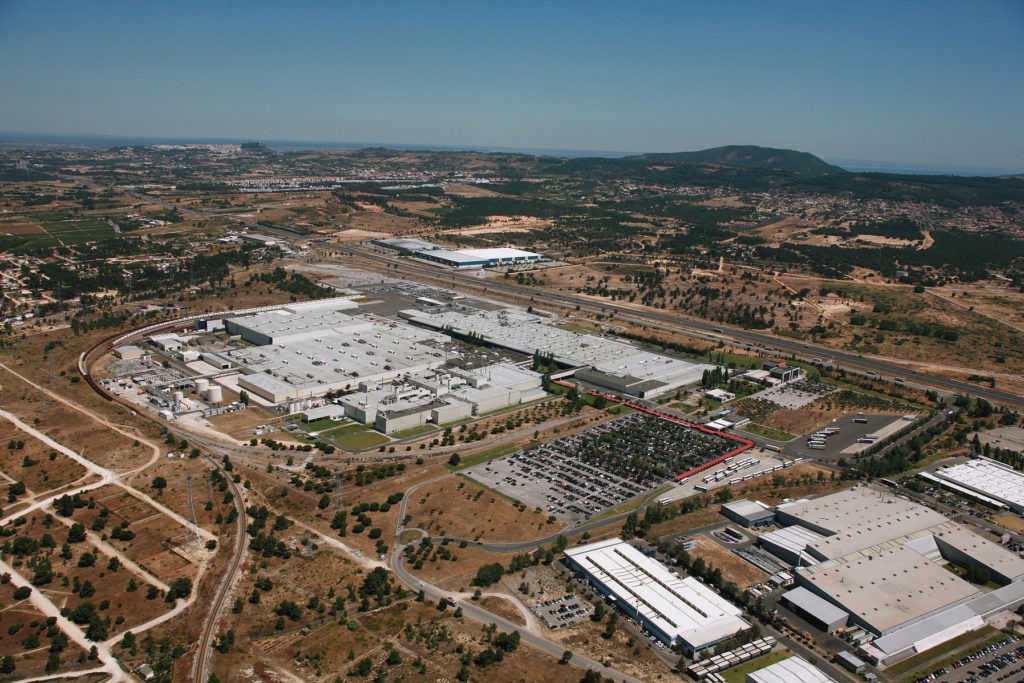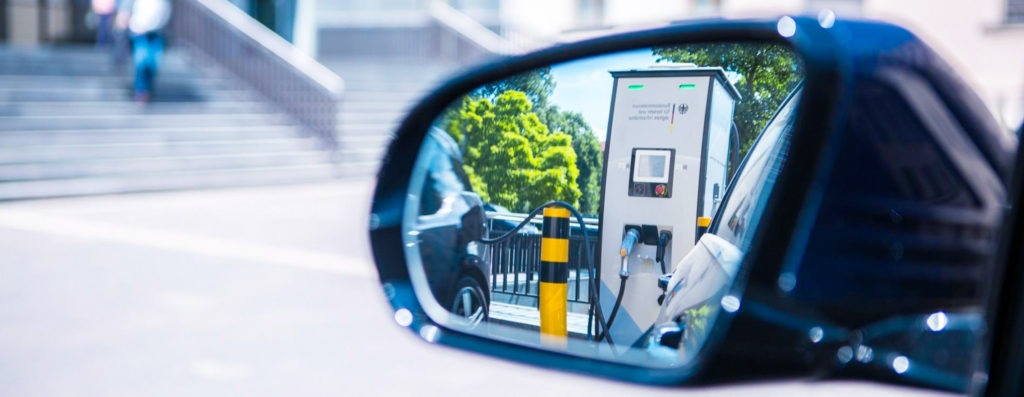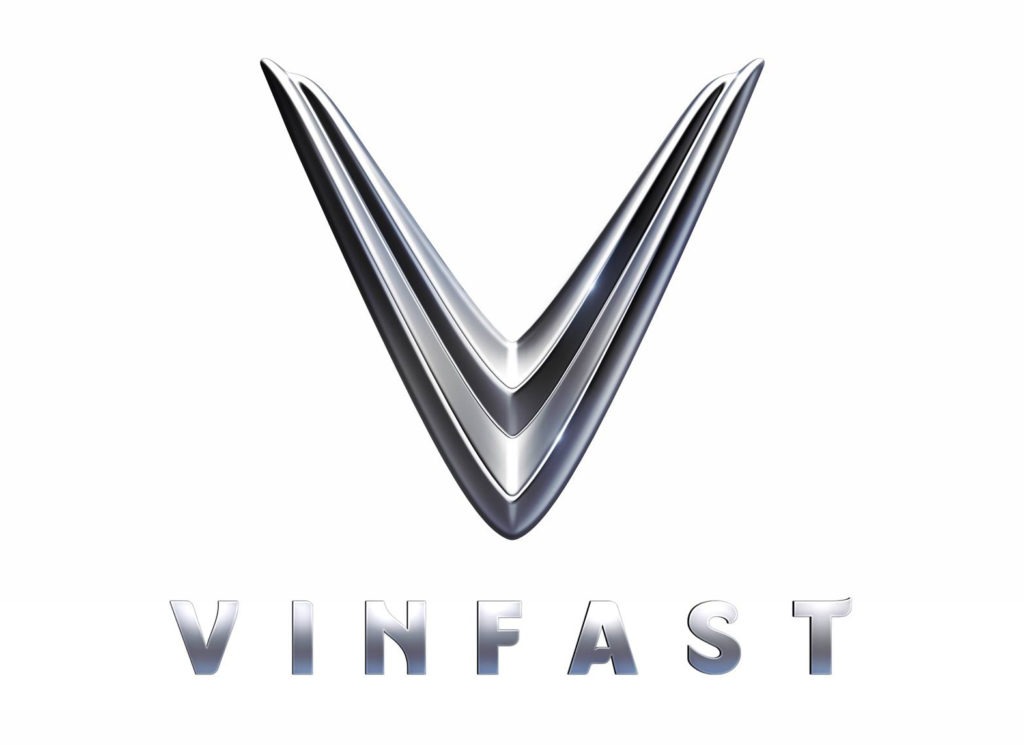What does the future hold for VW’s Autoeuropa plant in Portugal?
13 October 2021

Volkswagen’s (VW’s) vehicle-production unit in Portugal, Autoeuropa, is a cornerstone of Portuguese manufacturing and the country’s wider economy. But is it facing an uncertain future? José Pontes, data director for EV-volumes.com, examines the Palmela-based plant’s prospects.
Autoeuropa is a vital component of the Portuguese economy. A chief vehicle exporter, it was responsible for 1.4% of Portugal’s GDP in 2020. The site employs over 5,000 people, 98% of whom hold a permanent contract. Some have pointed to the need for not one but four or five such facilities, to develop a more competitive economy in the country.
While tourism does provide many jobs in Portugal, there is a need for positions with wages capable of matching those in more developed countries. This means producing high-value-added products and services, as Autoeuropa does.
But even as a golden example of production in Portugal, the factory’s outlook is uncertain. Online publication Eco quoted Miguel Sanches, director-general of the factory, back in March. With a new production cycle beginning, he warned of a ‘climate of great uncertainty and global vulnerability due to the pandemic, and in a context of change in the automotive industry.’ He added that: ‘we will have to find arguments to position ourselves competitively in relation to the concentration of production capacity in central Europe.’
Manufacturing multiple models
For years, Autoeuropa manufactured multiple models simultaneously. From 1995, there was the VW Sharan, the SEAT Alhambra and the Ford Galaxy. But after losing the Ford model, the factory began building the VW Eos in 2006 and the Scirocco in 2008. When commercial manufacture of these two models ended, it began production of the compact SUV, the VW T-Roc, in 2017.
As production of the VW Sharan and the SEAT Alhambra drew to a close last year, the T-Roc became the staple of production in Palmela, making the factory more susceptible to the changing winds currently buffeting the automotive industry, including electrification and digitalisation.
In August 2021, 22% of European passenger-car registrations were electrically-chargeable vehicles (EVs), 12% of which were battery-electric vehicles (BEVs). Car brands are ending production of fossil-fuel models, with several brands already announcing that the next generations of their best-selling models will be 100% electric. So, what does that have to do with Autoeuropa?
Battery manufacturing
VW’s new mass-market BEV concept, the ID.Life, was unveiled at IAA Mobility a few weeks ago. It is expected to go into production in three years at SEAT’s factory in Catalonia. Cupra and Skoda versions of the same model will also be built there.
This leaves Autoeuropa dependent on the T-Roc, which will have been on the market for seven years at this point and nearing the end of its commercial life. To make matters worse, Portugal does not have plans for any battery gigafactories, as can be seen in a map published by Battery-news.de.
The battery is an essential electric component, with common sense dictating that production facilities should be located close to an EV factory. But with no known plans for a battery-manufacturing site near Palmela, Autoeuropa’s future is questionable.
This is a fundamental issue missing from Portugal’s agenda while several European countries, particularly neighbouring Spain, are considering gigafactories. Spain has made the connection that without local battery factories, there will not be local car manufacturing.
In Italy, gigafactory builder Italvolt has entered a collaboration with tech company ABB. The two companies will bring electrification and automation to a 100-hectare site in the north of the country.
Without electrification, the likelihood is that for VW, it will be far easier to close a factory in a country with a small market, such as Portugal, than in countries such as Spain or Poland.
Portugal’s future
With the T-Roc’s expected successor, the ID.2, to be manufactured in Catalonia, there is no immediate solution for the Palmela factory. Investing funds from the Portuguese Resilience and Recovery Plan (PRR) in a local battery factory would therefore be sensible. This would bolster Autoeuropa’s future and potentially attract other manufacturers to Portugal, namely Chinese OEMs, which are preparing to enter the European market.
If no investment comes, the country will likely fall behind efforts made elsewhere. For example, the president of SEAT, Wayne Griffiths, is putting pressure on the Spanish government to ensure the SEAT factory in Catalonia is recognised in Spanish recovery efforts.
Such a change would allow VW to realise its ambition of producing EVs en masse because, alongside the ID.2, there is also the question of where to manufacture the VW ID.1. This smaller model could take the place of the T-Roc in Autoeuropa, but for that to happen a battery gigafactory is imperative.



